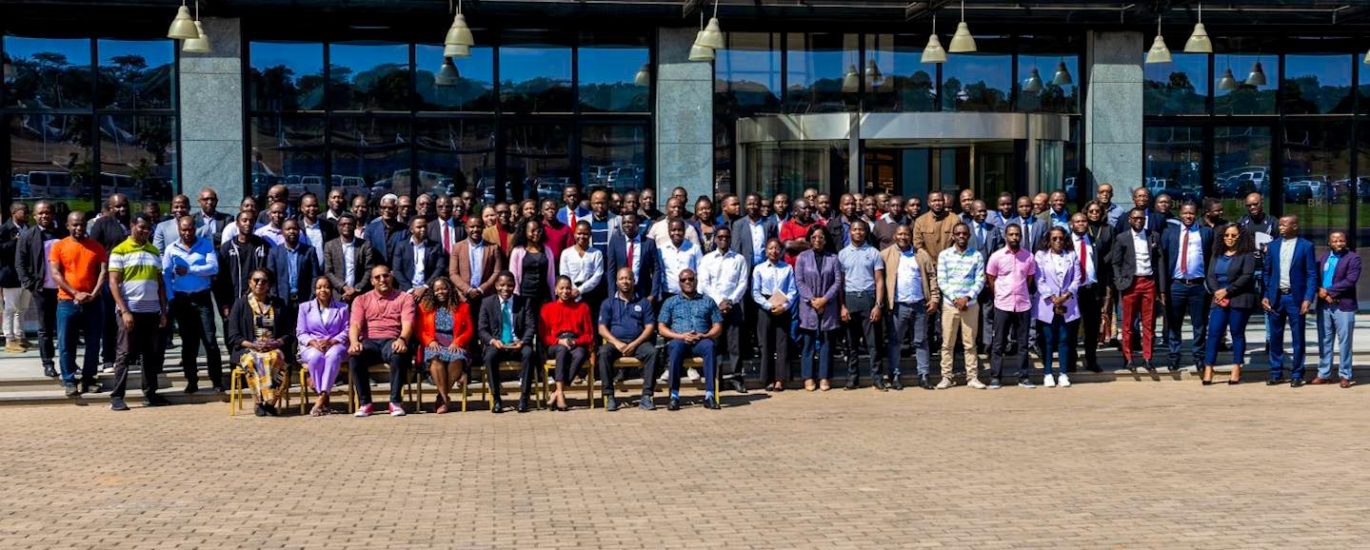



At the recent consultation meeting on the Digital Innovation and Entrepreneurship Bill, Ms. Manduwi had the opportunity to share her insights on several key issues that are critical for Malawi’s progress in this digital era.
Below, a few of the issues she highlighted:
While the bill aligns well with MIP1 and MW2063, it is imperative to acknowledge that Malawi is at least 30-40 years behind in technological advancement. To catch up with the rapidly digitizing world, there is a need to approach this bill with intention and foresight.
The COVID-19 pandemic has reshaped the landscape of work and innovation. Innovation hubs, centers, and villages—especially coworking spaces—play a crucial role in fostering entrepreneurship and collaboration. However, for developing countries like Malawi, the sustainability of these hubs is a pressing concern. We need to reassess and adapt the hub model to ensure it serves the masses effectively. Additionally, the leadership within the innovation ecosystem must be scrutinized. Many current leaders have never taken a product to market, raising concerns about their capability to steer the country’s journey towards industrialization.
Understanding technology adoption is vital for creating sustainable innovation management systems (IMS) in Malawi, and ecosystem builders need a comprehensive understanding of these, to better support entrepreneurs. Several theories provide frameworks for this understanding:
In my first Masters thesis, I analyzed the extended Technology, Organisational, Environmental, and Individual (TOEI) Conceptual Framework in the context of Malawi. Developed in 1990, this framework is now 34 years old, yet Malawi is still lagging in adopting such comprehensive models. Identifying the determinants of sustainable IMS creation and adoption is crucial for our progress.
In the West, entrepreneurs are at the forefront of seizing opportunities, with the public sector enabling their endeavors. In contrast, in the global south, the donor community often responds to opportunities or problems with projects implemented by public entities, which somewhat engage the private sector. This approach needs a drastic overhaul. Entrepreneurs should be empowered to lead, with the public sector playing a supportive role.
Kenya’s tech startups raised $674 million in 2023, while Malawi raised a mere $14 million, primarily through a company called Yellow. This disparity highlights the need for a shift in how we approach financing and supporting startups. Bureaucratic delays, such as spending excessive time approving minor expenditures, frustrate entrepreneurs. Startups are a vital opportunity for bringing income into Malawi, and we must facilitate, not hinder, their growth.
Malawi is rich in policies but poor in implementation. It is crucial for implementors to ensure that policies translate into tangible impacts. Preparedness for failure is another critical aspect—using evidence to anticipate what might not work and planning accordingly is essential. On Africa Day, we should reflect on our progress and make sure that significant steps have been taken.
While the Digital Innovation and Entrepreneurship Bill holds promise, it requires a strategic, inclusive, and forward-thinking approach to truly drive Malawi’s digital transformation. Congratulations to the Malawi Communications Regulatory Authority for taking lead on this bill. We look forward to supporting the implementation of this bill in Malawi.